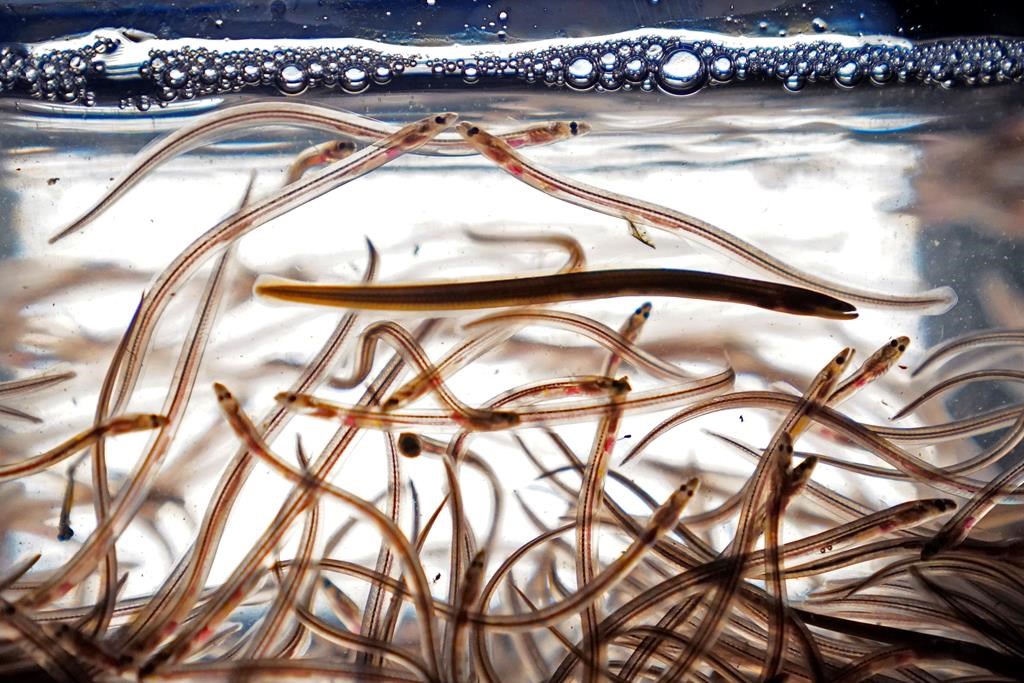Community organization aims to alleviate the struggles of autism
Posted Jul 20, 2021 04:44:00 PM.
If the pandemic highlighted one area where the needs of parents are particularly challenged, it’s obtaining support for children with autism.
While dealing with home-schooling or education under restrictive measures is difficult enough, parents of children on the spectrum additionally struggled to obtain access to resources like educational program assistants, therapists and specialists once COVID-19 had shut down such programs.
Ronan O’Driscoll may have been one such parent but he says the community-based organization Playing and Learning Together (PLT) helped him get through the past year and a half.
“One of the blessings was that we were able to keep going with the PLT program,” says the Dartmouth-based software developer whose 14-year-old son Martin was diagnosed with Autism Spectrum Disorder (ASD) a decade ago. “(Nova Scotia) Health Authority recognized this is a special case and, as a group, we were very, very careful on distancing and all the rest of it.”
A Halifax-based registered charity, PLT runs after-school programs designed to help children as young as five who are coping with autism to develop and strengthen their social and communication skills, and provide recreation and a common group of like-minded supports.
“If you call IWK when your kids are out of school, they’ll say they can’t help you,” says Lisa O’Driscoll, Ronan’s wife. “(So) to have an after-school program is huge — where the kids can go and just relax and be themselves and get the help they need.”
Led by a staff of certified professionals, educators and therapists, children work one-on-one with PLT assistants on activities geared to help them learn at their own individual skill level.
“These guys work at a different pace than neurotypical kids,” says O’Driscoll. “What’s great about the program is, if you give them the time with a lot of patience and work on certain, basic things that you and I don’t even think about, they can get there and that’s a phenomenal thing.”
O’Driscoll says the non-profit’s after-school programs run approximately three hours. The activities in the program are all research-based and include plenty of movement.
“Movement is key so they do bring in certain things — activities, painting and things like that,” adds O’Driscoll. “That might sound simple but it’s not random. There’s a methodology there (and it’s) helpful with social stuff which is a huge big deal.”
O’Driscoll, who is also a board member for PLT, discovered the group five years ago after struggling to find assistance with Martin’s development. He says while there was support through the school system’s Early Intensive Behavioural Intervention (EIBI) program, once children are finished pre-school, parents and children are often left with few options.
“Through EIBI and PLT, and other things like speech therapy and things, we’ve seen an amazing improvement in Martin, and happiness for him that he can do things for himself and that’s really what it’s all about,” says O’Driscoll. In addition, PLT provides support in other ways. “This affects people from all walks of life (and) community is a huge thing to have.”
A published author in addition to being a software developer, O’Driscoll has recently released a book that deals with the experience of being a parent of an autistic child. Poor Farm is historical fiction that follows two characters on the autism spectrum — one in current day and the other, a young inmate confined to the real life late-19th century work farm in Cole Harbour that housed the “poor and harmlessly insane.”
“It came together with what I was going through,” admits O’Driscoll, who was inspired to write Poor Farm after he discovered the former site near the Cole Harbour Heritage Trail.
“That was the kernel of the idea — let’s find out about what it would have been like for someone like Martin to live in one of these environments 130-plus years ago and how badly they would have been treated.”
While he admits conditions for autistic children and attitudes towards the disorder have certainly improved since they may have been classified in that way, he also wanted to explore “how they are treated nowadays” in the book.
As for PLT, O’Driscoll is bolstered by the vast improvements he has seen in his now 14-year-old son and encourages any parent dealing with a similar situation to reach out to the organization for help.
“The important thing to think about is your kid,” says O’Driscoll. “You have to accept this for what it is and the best way to do it (is to consider) what is best for them.”
For more information on PLT, visit its website.










